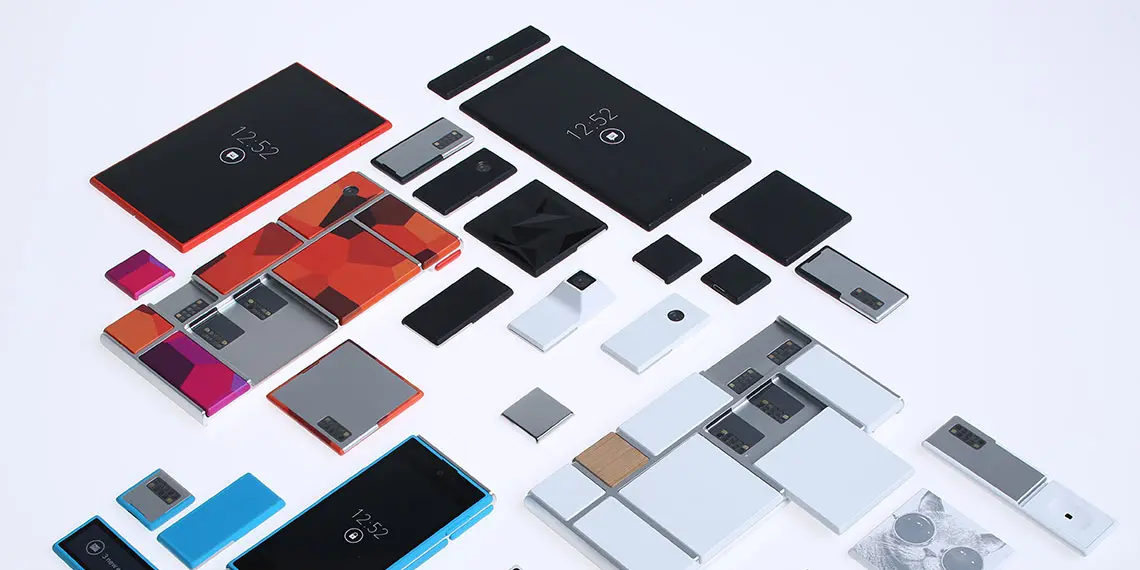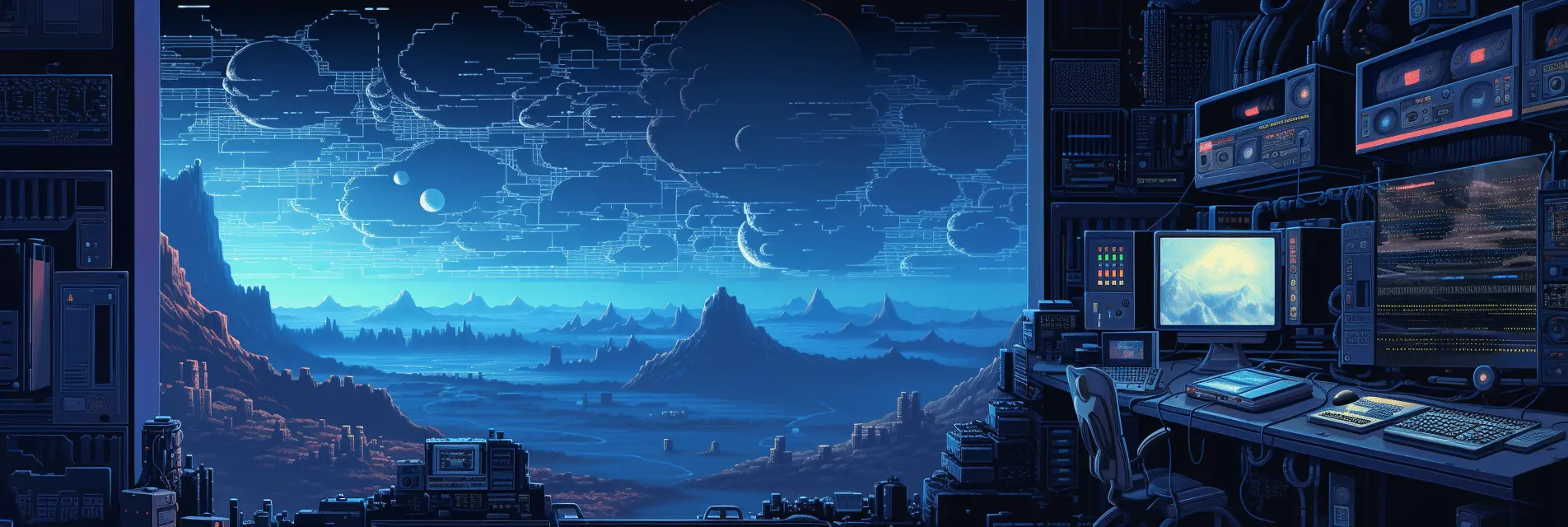

Take a look at the following video:
And at this one:
What you are seeing is someone Running a MacBook Pro dual booted into Windows 7. They launch Firefox, and visit a URL. This URL then renders an HTML5 / JavaScript version of Windows 7 running in the cloud. From this Windows 7 image they launch Photoshop and then they tab over to a 3D game using the Unreal tournament engine. The second video is basically the same setup, but instead of Photoshop or a game you are seeing Autodesk 3D Studio, the tool used to make the Transformers Movies, running in Firefox using just using HTML5 and JavaScript.
Let that sink in for a moment; you have a company almost no one has ever heard of with advisors from two of the three major browser companies (Mozilla and Google) and IBM sitting at the table with a Hollywood power broker (WME) working with Adobe, Autodesk, and Amazon to make this all happen. Here is their board of advisors:
- Dr. Eric Schmidt, Executive Chairman, Google Inc.
- Samuel J. Palmisano, Chairman, President and Chief Executive Officer, IBM Corporation (2003-2011)
- Ari Emanuel, Co-Founder and Co-Chief Executive Officer, William Morris Endeavor
- Brendan Eich, Chief Technology Officer and SVP, Mozilla creator of JavaScript
- Dr. Irving Wladawsky-Berger, Vice President Emeritus and Consultant, IBM Corporation
- George Gilder, Founder and Partner, Gilder Technology Fund
This means that the most advanced tools a user can use in Hollywood and the gaming industry use to create content are now being built in for just a browser using HTML5 and JavaScript instead of doing it on the desktop.
What does all this mean for us in five years:
In the next 3 – 5 years oToy will either license this technology, or it will get replicated now that all of the 2D / 3D rendering technologies and sound APIs in HTML5 are being supported by browsers. The signs that this is already happening are there Adobe has announced that their products are now only available as an online service, and you can’t buy boxed versions of their apps. Rumors are escaping from Microsoft of a product called Mohoro which is labeled as a “Desktop as a Service” that will be running on Azure. This product is basically Windows running in a browser. This means that the desktop version of Windows that is released in 2015 will be web based, and that the version released in 2016 – 2017 will be released as ONLY web based. This lines up with the timetable that Steve Ballmer announced when he said that by 2017 they would finish their transformation into a devices and services company.
In the short term you will not see a lot change. But within the next 3 – 5 years most of the companies who build desktop applications and tools will have web versions of those tools available. I firmly believe we are about to see a huge shift in this industry that will make things very different very shortly after that.
Note: I know that there drawbacks to this approach in the next couple of years including the network and the size of the servers you need for each of these technologies. This will be solved. You just need a couple doubling in each area and you should be fine. Also, these technologies might work great on internal enterprise networks at first a lot earlier than they will work on residential networks.



Comments
With an account on the Fediverse or Mastodon, you can respond to this post. Since Mastodon is decentralized, you can use your existing account hosted by another Mastodon server or compatible platform if you don't have an account on this one. Known non-private replies are displayed below.